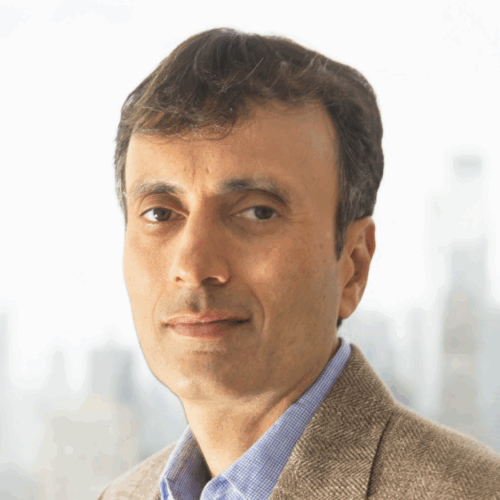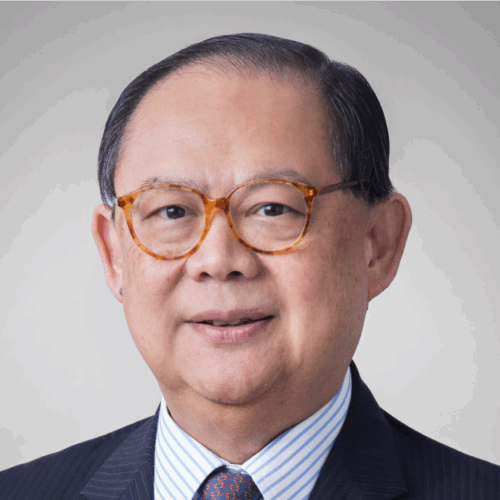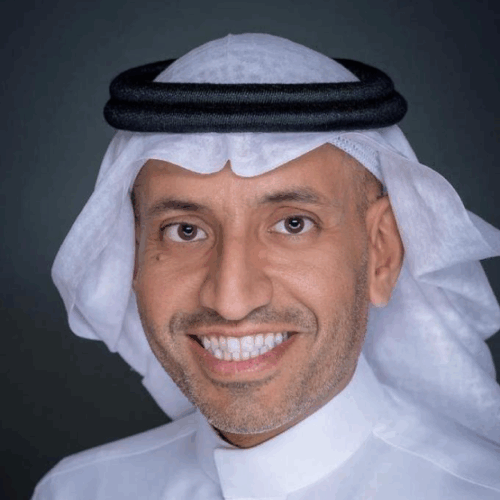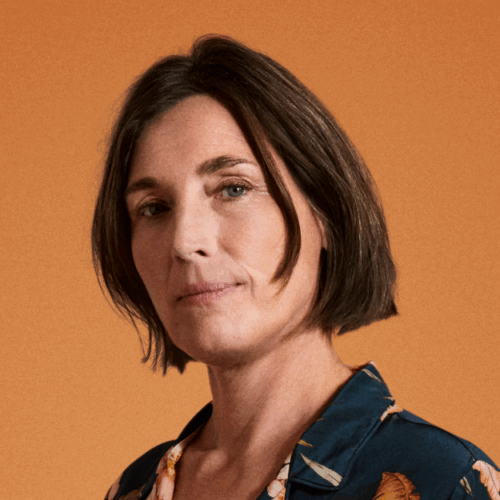Venue
Hosted at The Canopy Banqueting & Conferences – Alia Hall. The 2026 MASIC Annual Investment Forum will take place at Alia Hall, a premier venue offering a modern, elegant setting for meaningful dialogue. With its sophisticated design and advanced facilities, it provides the perfect backdrop for the upcoming global conversation on “Beyond Growth: The Age of Demographic Risk.”







